Del. Bob Thomas’ bill would eliminate the age cap for coverage of ASD by health insurance plans. Current law requires coverage from ages two through ten. Thomas says its time for families to have access to life-changing treatments.

Virginia's Public Square
Virginia's Public Square

Del. Bob Thomas’ bill would eliminate the age cap for coverage of ASD by health insurance plans. Current law requires coverage from ages two through ten. Thomas says its time for families to have access to life-changing treatments.

The move by Senate Majority Leader Tommy Norment (R-James City County) and Senator Frank Wagner (R-Virginia Beach) could be an election-savvy effort to set up all 19 Senate Democrats to vote on a bill that is widely unpopular in the small business community.

Following last year’s round of applications for Virginia’s first cannabis oil dispensaries, a new bill to be deliberated in the 2019 General Assembly session could provide even more for the Hampton Roads area. House Bill 2245, introduced by Delegate Glenn Davis (R-Virginia Beach), provides that the Virginia Board of Pharmacy will be directed to award an additional five medicinal cannabis pharmaceutical processing licenses.
The board has already approved five licenses, with each serving a different regional portion of the state’s healthcare service.
The bill clarifies that products containing a concentration of tetrahydrocannabinol (THC-A) should be no greater than that allowed by federal law, which is 0.3 percent or less. The amount defined in the bill would dictate that the substance does not constitute marijuana.
It would also increase the number of pharmaceutical processor permits the Board of Pharmacy may issue or renew for each healthcare service area in any year from one to two. Moreover, each pharmaceutical processor that has been awarded a permit will be able to operate up to two off-site locations for the dispensing of cannabidiol oil and THC-A oil.
According to the legislation, the Board of Pharmacy would issue additional permits to operate as a pharmaceutical processor by September 1, 2019. Therefore, 10 processors could end up running up to 20 medical dispensaries across the state.
“Those that probably need it the most — the aged and the severely disabled — are probably the least likely to be able to travel the long distances to get to one of those five locations,” Delegate Davis said in a report from The Virginian-Pilot. “Initially, the production that could come from the five locations would be significantly under what the demand would be.”
Contention rose last year during the secretive application hearing process conducted by the Board of Pharmacy as many seeking licenses made claims that the selection process lacked proper transparency. However, some were informed that reasons for a license denial varied from a “lack of details” on security plans, employee training, industry experience, and local support for the installment of a dispensary.
Nevertheless, as more lawmakers in a traditionally conservative state begin to warm to the idea of using cannabis as medicine, it is opening up an additional economic path that could fare well for the Commonwealth. For example, in late 2018, Richmond, Virginia-based tobacco giant Altria Group dove headfirst into the burgeoning cannabis industry, sinking $1.8 billion into Cronos Group, a Canadian medical and recreational marijuana provider.
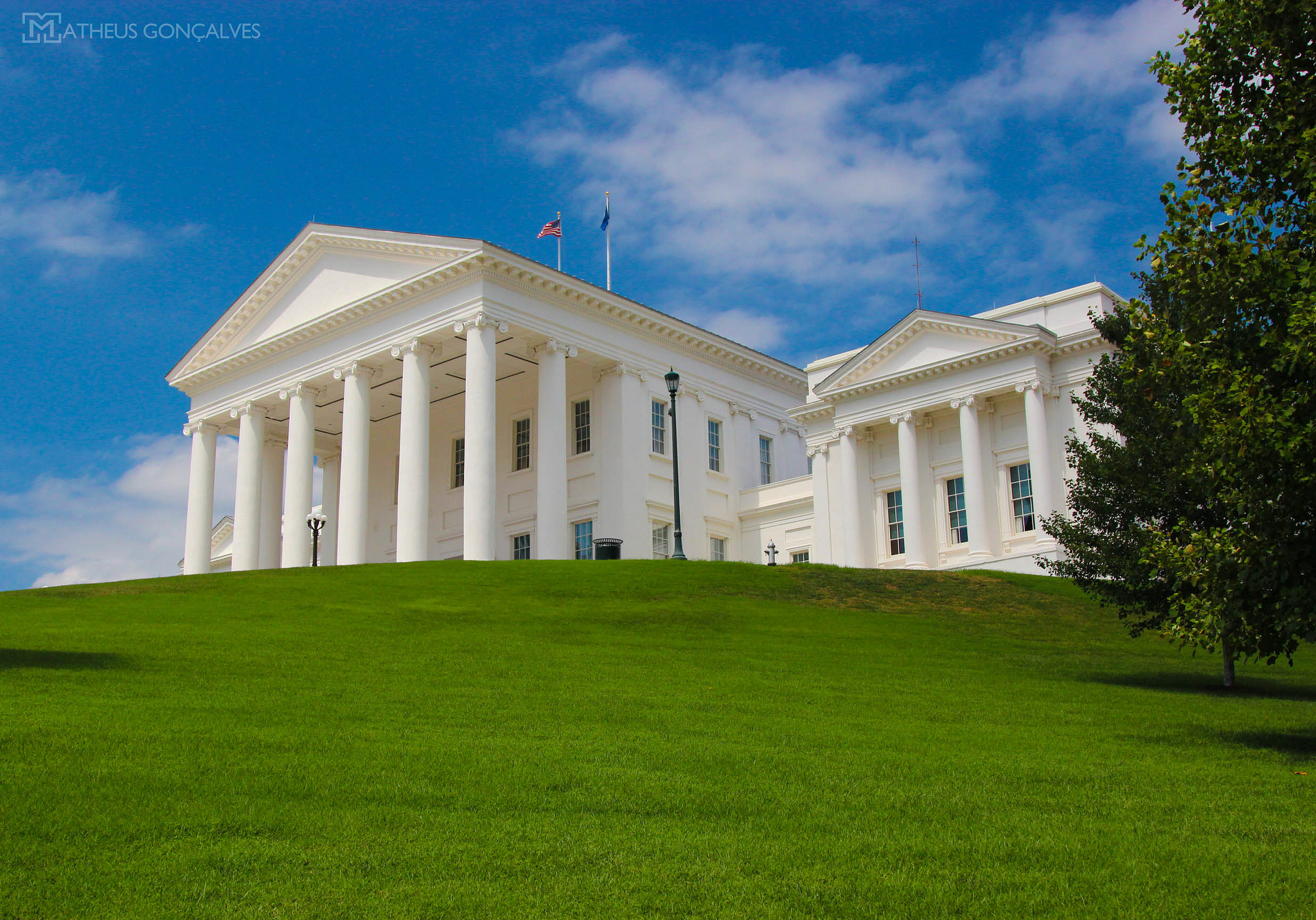
“We are not going to participate in that. We are not going to discuss that. That is a non-starter for this caucus, and we are not going to go along with it,” said House Majority Leader Todd Gilbert (R-Shenandoah) regarding Governor Ralph Northam’s tax proposals.
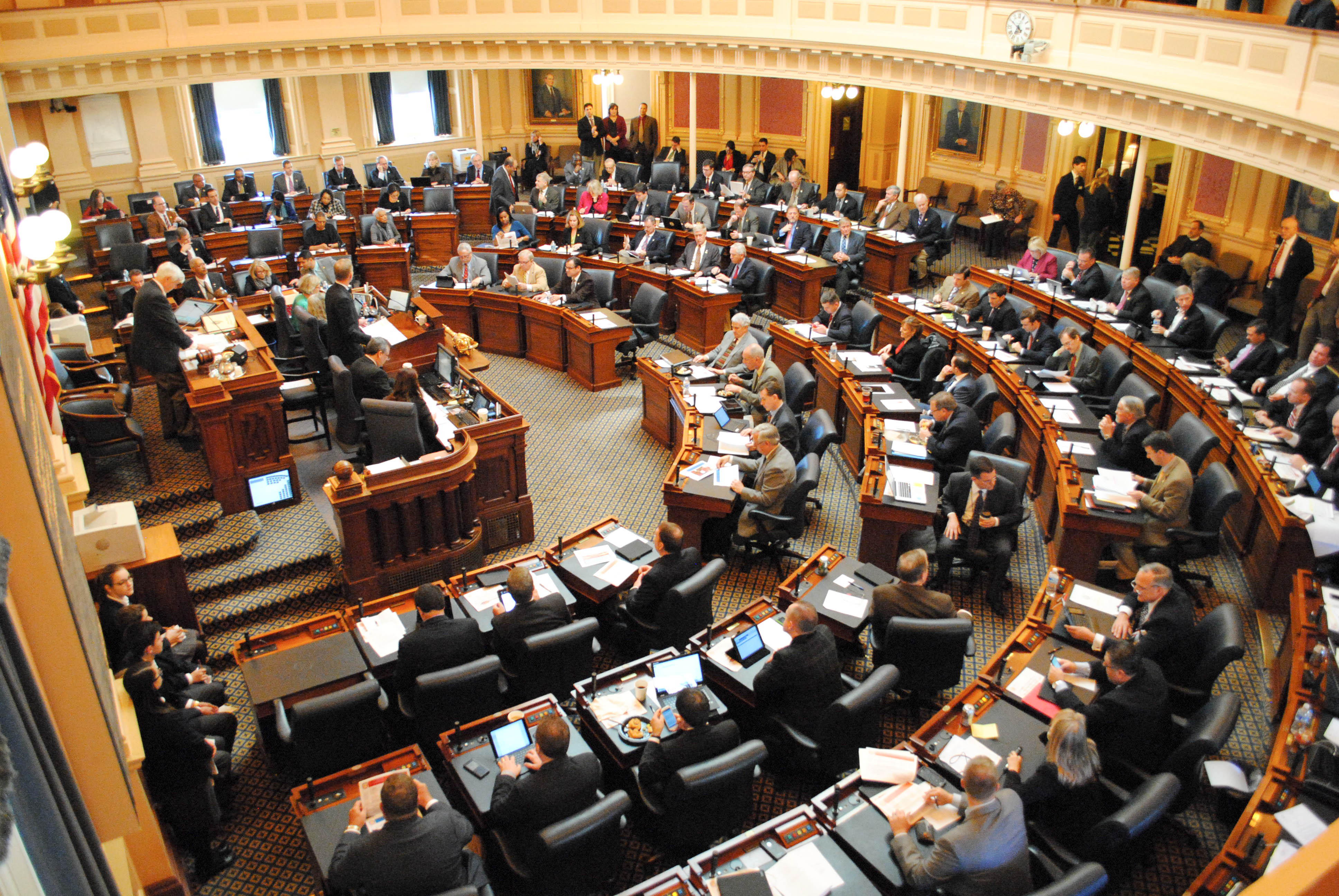
Republicans currently have a 51-48 edge in the House of Delegates during the 45-day session in Richmond set to adjourn on February 23.
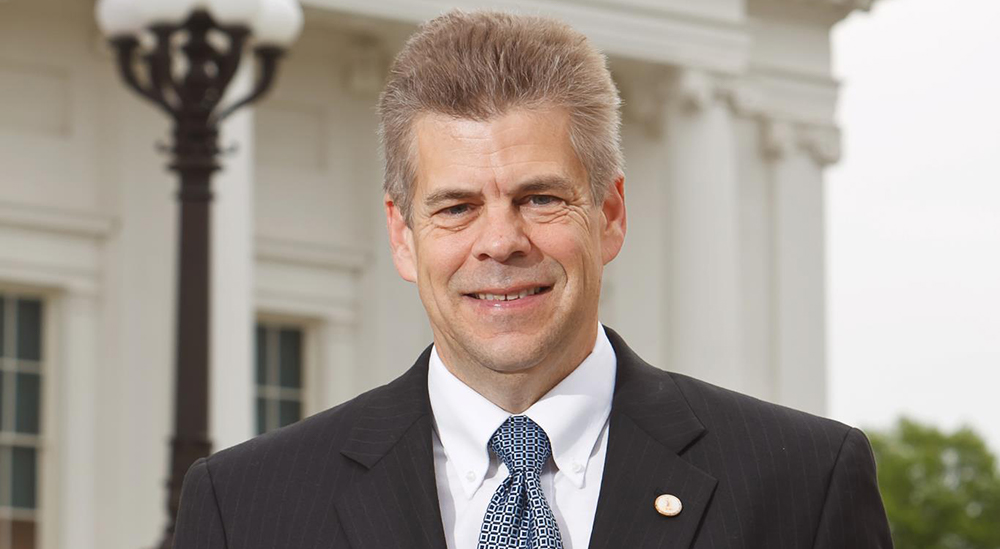
Speaker Cox, who taught school for 30 years, wants to expand partnership and work-study opportunities for graduates of Virginia colleges and universities with a program designed to align curricula with in-demand, high-paying jobs. The bill addresses access and tuition affordability for students preparing for the careers of tomorrow.

The bill allows outpatient late term abortions, repeals informed consent and abdominal ultrasound requirements, eliminates the 24 hour waiting period, allows abortionists to self-certify third trimester abortions, and exempts abortion clinics from health and safety standards.
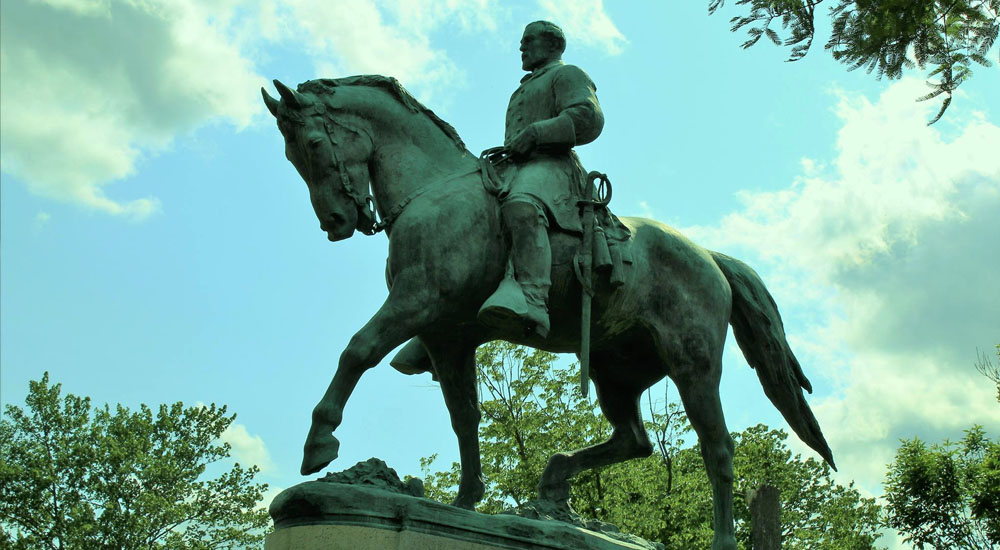
“By narrowing the focus to Civil War monuments, I think it has a greater chance of passing,” Delegate David Toscano (D-Charlottesville) said.
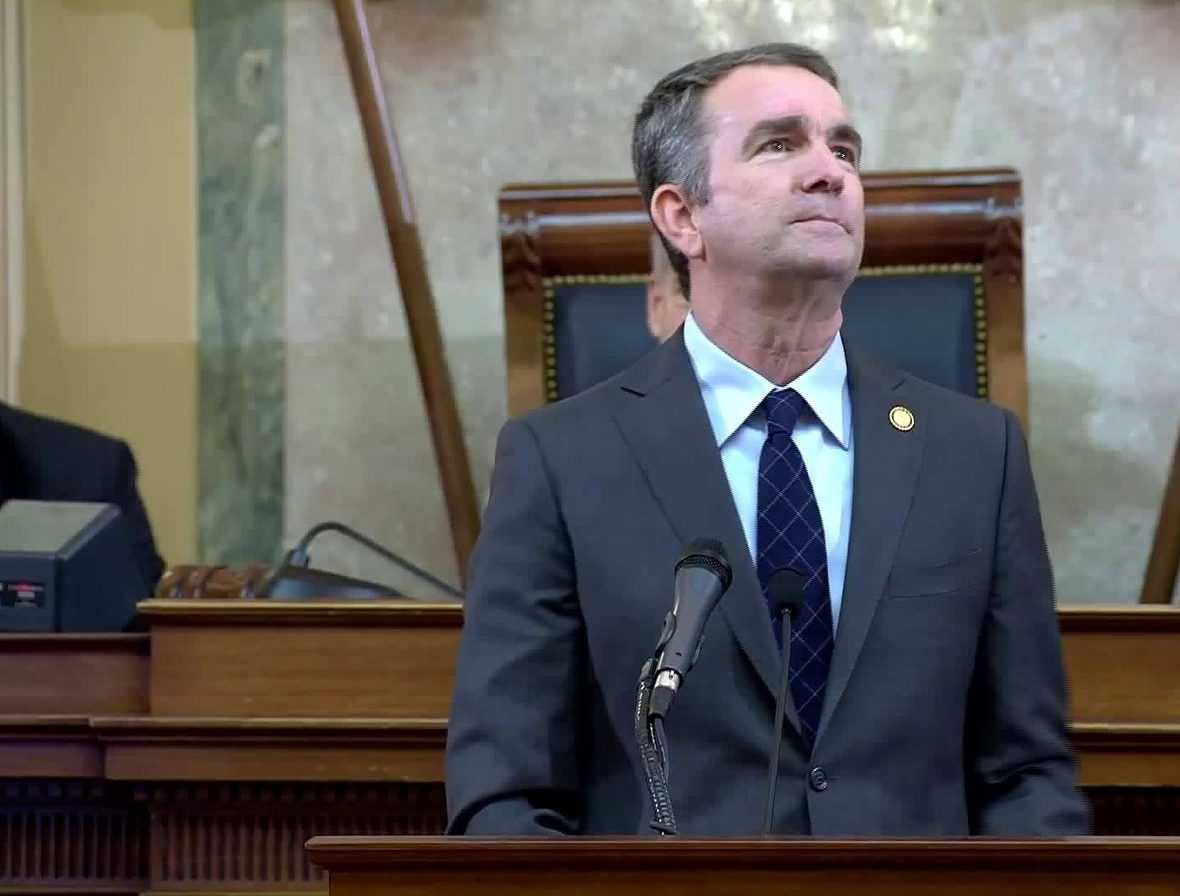
The Virginia Retirement System (VRS) estimates that Governor Ralph Northam’s proposal would increase the long-term, unfunded liabilities by $33.7 million for the state fund, and $42.3 million for the sheriffs’ and deputies’ plan.

On the first day of the legislative session, Republican and Democratic leaders laid out dramatically different visions for Virginia, offering a glimpse into some of the highest-profile policy debates likely to dominate the agenda for the General Assembly, as it enters its 400th year.
During the annual State of the Commonwealth address, Democratic Governor Ralph Northam laid out a list of liberal priorities, urging lawmakers to back his proposals for higher spending, strict gun control, repealing Virginia’s voter ID law, and establishing what he called a “fundamental right” to abortion.
Republicans, however, took a different approach.
In a joint response from the House and Senate GOP, Delegate Bob Thomas (R-Stafford) and Senator Steve Newman (R-Bedford) emphasized tax relief, bringing down high health care costs, and implementing the recommendations of the House Select Committee on School Safety.
“We plan to reduce the cost of health care for Virginia families struggling to afford higher insurance premiums,” said Newman, who chairs the Senate’s committee on Education and Health. “Virginians have endured skyrocketing skyrocketing out-of-pocket expenses that have accompanied the Affordable Care Act passed during the Obama administration. Too many Virginians find they simply can’t afford the premiums today.”
Newman said Republicans planned to introduce legislation aimed at lowering health care costs, including legislation expanding affordable group coverage, as well as bills allowing patients to purchase catastrophic or short-term coverage with more affordable premiums.
A number of these measures passed the General Assembly last year, only to be vetoed by Governor Northam, an avowed supporter of the Affordable Care Act, also known as Obamacare.
Undaunted, Newman said Republicans would continue the fight.
“Our health care initiatives will increase choice and lower the cost of available policies,” continued Newman. We plan to provide more Virginians with insurance coverage that their families can actually afford.“
Thomas, a freshman delegate, highlighted Republican proposals aimed at bolstering school safety and providing tax relief for 2.7 million Virginians, including the 600,000 middle class taxpayers impacted by Northam’s $1.2 billion tax hike.
“A few weeks ago the select committee presented a comprehensive set of recommendations to make our students and schools safer through threat prevention, improved mental health services, and increased training for school personnel and school security,” said Thomas. “Among the recommendations are proposals that would utilize the latest technology and school security and infrastructure equipment. Our goal is to employ every means available to keep dangerous individuals out of our schools.“
Following months of bipartisan work, the committee identified 24 priority recommendations in its 709 page report, many of which have already been introduced in the form of legislation.
Among the recommendations lawmakers will consider are improvements in mental health care, new threat assessment procedures, facilities improvements, and an expanded role for school resource and security officers.
Under the direction of Speaker Kirk Cox (R-Colonial Heights), a retired teacher who spent 30 years in the classroom, the committee did not consider any new restrictions on the Second Amendment rights of law-abiding citizens, preferring instead to focus on the root causes of school violence, as well as improving crisis response procedures to prevent another failure like that seen in Parkland, Florida, where a school shooter known to authorities killed 17 while deputies waited outside.
Thomas also highlighted Republican plans for tax relief.
“Republicans are committed to stopping Governor Northam’s tax hike on the middle class,” continued Thomas. “Our tax reform plan will return the tax windfall resulting from the federal tax cuts along to taxpayers while providing targeted tax relief to middle and low income Virginians and protecting our coveted triple-A bond rating.“
Lawmakers will consider these proposals and others in the 45 day session, scheduled to continue through mid-February.